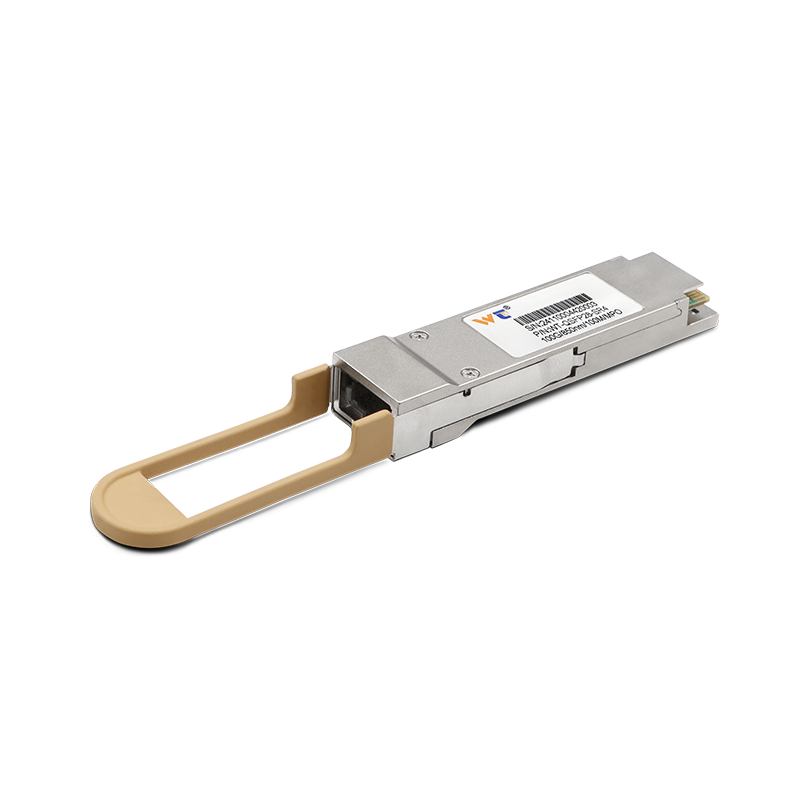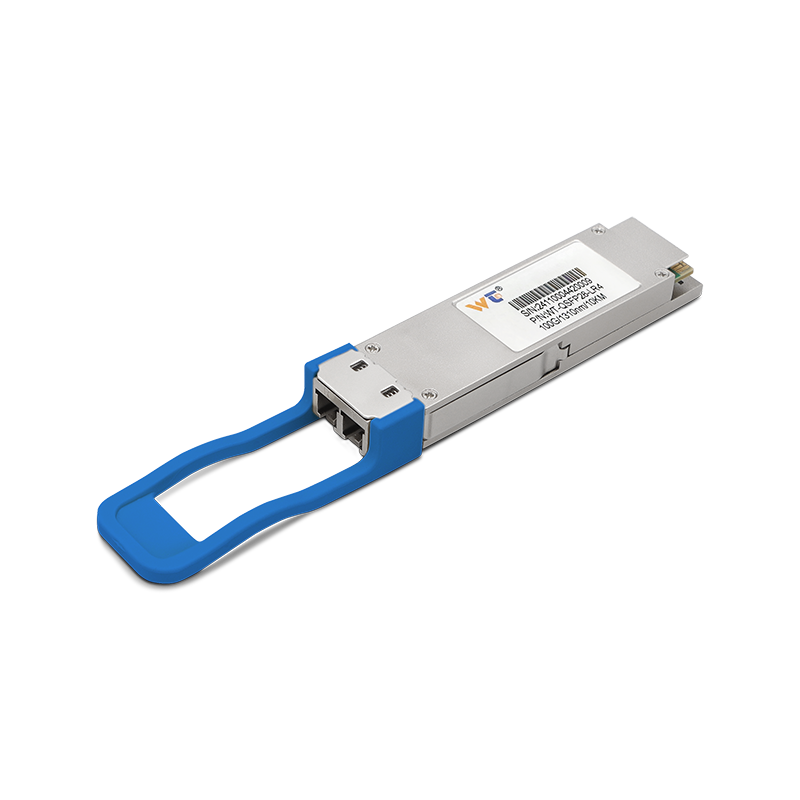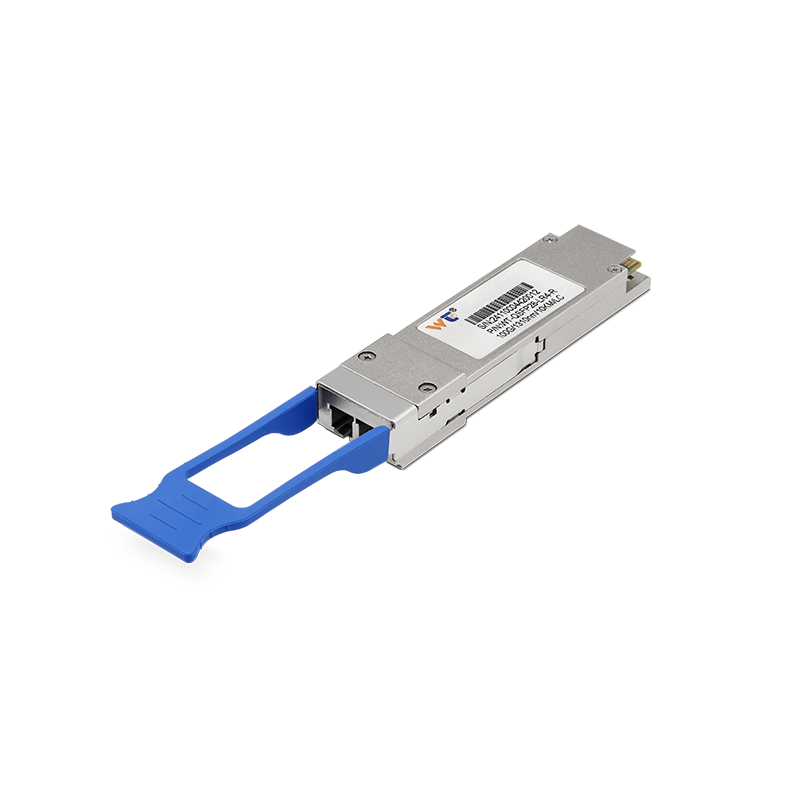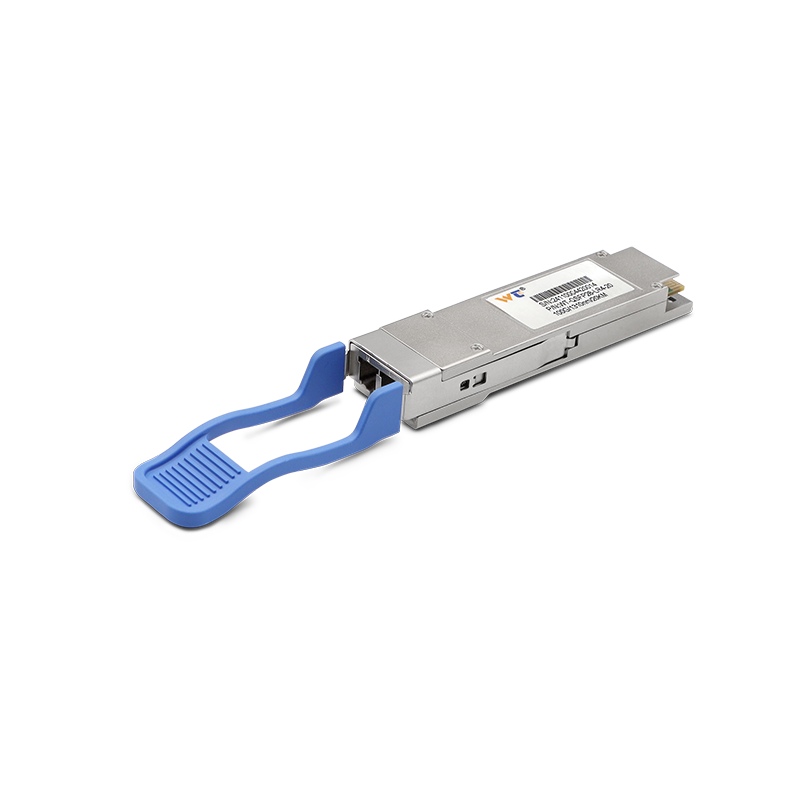In the whirlwind of our modern world, the significance of a network engineer is surely skyrocketing. With technology advancing at breakneck speed, there’s a growing need for professionals who can not only design and implement networks but also maintain them like seasoned pros. If you're eager to sharpen your networking skills and expand your understanding, choosing the right books can be a game-changer. The guide "Four Must-Read Books for Network Engineers with Essential Content" is a fantastic companion, offering a treasure trove of knowledge to both beginners and experts alike. These books gather a wealth of insights that put you on the frontline of the fast-evolving tech landscape. So, let’s jump into this rich topic, and explore how these reads can transform your grasp of the networking field.
When it comes to the must-have literature for network engineers, it’s crucial to pinpoint what sets these gems apart. Each book in this selection offers its unique flavor, diving into foundational principles, cutting-edge innovations, and essential best practices. For example, some delve into the nitty-gritty of core concepts like TCP/IP protocols, while others shine a light on practical tips for network security and design. This blend enriches both theoretical knowledge and real-world know-how. And here's a cherry on top: many titles are available digitally, making it easier to digest the material with interactive content. By immersing yourself in these books, you’ll build a solid grasp of fundamental networking principles, setting you up for success in any tech role.
At the heart of networking lies the understanding of its core principles and terminology. TCP/IP, for instance, is the communication protocol suite that links network devices like a well-oiled machine. Then there's subnetting, which breaks down larger networks into bite-sized, manageable bits—great for optimizing both performance and security. Don’t forget about VLANs (Virtual Local Area Networks); these nifty segments enhance efficiency by controlling traffic flows. Grasping these essentials is absolutely vital since they lay the groundwork for creating more complex network structures. Each of these authoritative texts dives deep into such terms, often using relatable analogies that simplify complicated ideas. This foundational knowledge arms you with essential tools for troubleshooting and crafting effective networking solutions.
To amplify your learning journey, here are a few essential steps to consider when you start exploring the recommended books:
- Pick the Right Read: Find a book that resonates with your current skills and piques your interests.
- Craft a Study Routine: Set aside dedicated times for reading to cultivate a habit.
- Jot It Down: Take notes on key points and definitions—this will help solidify your understanding.
- Engage with Interactive Materials: If available, check out supplemental resources like online exercises or community forums.
- Experiment with Practical Applications: Whether it’s setting up a home lab or utilizing simulation tools, apply what you’ve learned in real scenarios.
- Collaborate and Share: Discuss concepts with peers to deepen your grasp of the subject.
- Stay Current: Keep an eye on industry trends to prepare yourself for what’s next.
Here’s a thought: What if you could harness advanced networking techniques to tackle real-world issues? The landscape of networking is overflowing with opportunities for innovation and efficiency. Delving into future technologies could unveil fascinating topics like software-defined networking (SDN) and network function virtualization (NFV). These areas are on the brink of revolutionizing traditional networking, promising greater flexibility and scalability in network management.
So, what are the must-reads for every aspiring network engineer?
By dedicating time to truly absorb the insights these books offer, you’ll likely find yourself evolving into a sharper, more capable network engineer. You’ll be ready to face complex challenges and craft innovative solutions with confidence.
The Q&A section of this discourse usually brings up questions like “Which book best unpacks TCP/IP?” or “What’s the best resource for a deep dive into network security?” The recommended titles cover a wide spectrum of topics, ensuring comprehensive guidance from basic to advanced networking.
Embrace the wisdom embedded in these texts, and don’t hesitate to put your new knowledge into action. Every page you turn is a stepping stone in your engineering adventure. The hands-on applications of what you learn will undoubtedly boost your confidence and proficiency in real-life scenarios.
To sum it all up, focusing on the right literature is absolutely essential for anyone aiming to become an adept network engineer. The four highly praised books provide key insights and methodologies that are crucial for mastering networking concepts. By systematically engaging with these resources, practicing hands-on exercises, and staying in tune with new innovations, you’ll absolutely fortify your expertise. Merging theory with practical skills will pave your way to a thriving career. So, grab these must-read books, and venture confidently into the future of networking!






